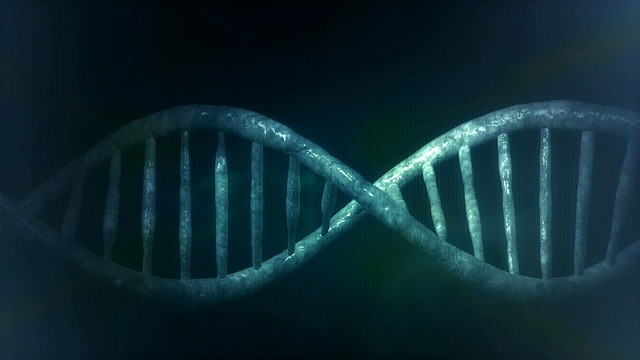Gene Editing Might Mean My Brother Would’ve Never Existed
By Joel Michael Reynolds,
Time
| 08. 09. 2017
On August 2nd, scientists achieved a milestone on the path to human genetic engineering. For the first time in the United States, scientists successfully edited the genes of a human embryo. A transpacific team of researchers used CRISPR-Cas9 to correct a mutation that leads to an often devastating heart condition. Responses to this feat followed well-trodden trails. Hype over “designer babies.” Hope over new tools to cure and curb disease. Some spin, some substance and a good dose of science-speak. But for me, this breakthrough is not just about science or medicine or the future of humankind. It’s about faith and family, love and loss. Most of all, it’s about the life and memory of my brother.
Jason was born with muscle-eye-brain disease. In his case, this included muscular dystrophy, cerebral palsy, severe nearsightedness, hydrocephalus and intellectual disability. He lived past his first year thanks to marvels of modern medicine. A shunt surgery to drain excess cerebrospinal fluid building up around his brain took six attempts, but the seventh succeeded. Aside from those surgeries’ complications and intermittent illnesses...
Related Articles
By Pete Shanks
| 02.27.2026
Last month, we published “The Shameful Legacy of Tuskegee” which focused on a proposed experiment in Guinea-Bissau. The study’s plan echoed the notorious Tuskegee disaster, withholding safe, effective vaccines against hepatitis B from some newborns while inoculating others. It was to be financed by the U.S. but performed by a controversial Danish team. That project provoked a multi-national outcry, leading to a remarkable response from the World Health Organization:
WHO has significant concerns regarding the study’s scientific...
By Kiana Jackson and Shannon Stubblefield, New Disabled South | 02.09.2026
"MC0_8230" via Wikimedia Commons licensed under CC by 2.0
This report documents a deliberate assault on disabled people in the United States. Not an accident. Not a series of bureaucratic missteps. An assault that has been coordinated across agencies...
By Zachary Brennan, Endpoints News | 02.23.2026
The FDA is spelling out the details of a new pathway to help speed personalized cell and gene therapies to market for rare diseases.
Monday’s long-awaited draft guidance outlines the agency’s “plausible mechanism” framework, a pathway FDA Commissioner Marty Makary...
By Ilyse Hogue, The Bulwark | 02.20.2026
Since I started working to understand the radicalization of young men, I’ve gotten asked the same question everywhere I go: Are they a lost cause for Democrats? Too redpilled to reach? Too far gone to bring back?
My answer has...




